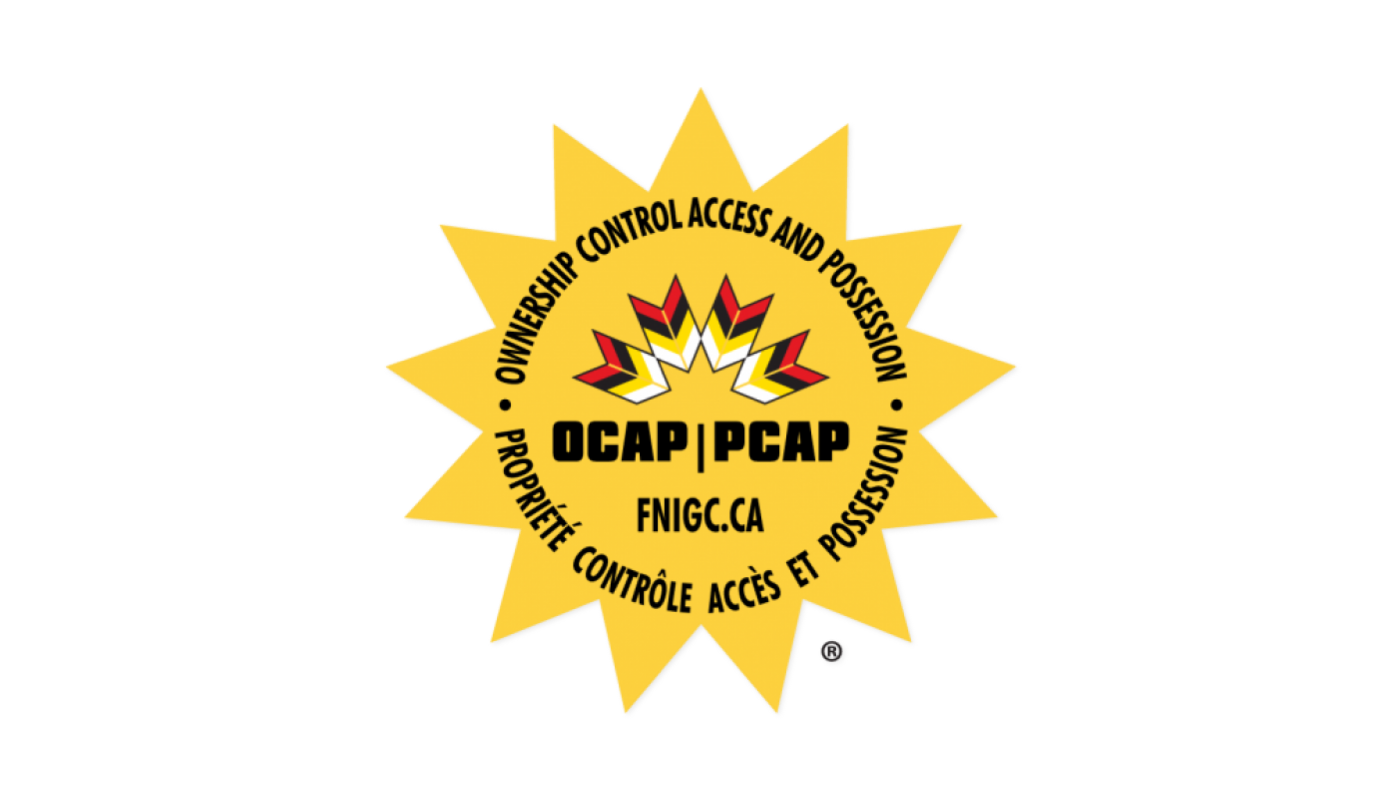Ownership, Control, Access, & Possession
The First Nations principles of OCAP® are de facto standard for how to conduct research with First Nations.
As web designers and developers, we love a good set of standards. In working with our friends at the IWK Health Centre in Nova Scotia, we’ve learned of an interesting health issue and a much different set of standards than we’re used to.
Almost a decade ago, researchers with the IWK Health Centre noticed that Aboriginal children had higher rates of pain and pain-related health issues, yet are less likely to be treated. The members of the Aboriginal Children’s Hurt & Healing (ACHH) Initiative have been working to understand and improve the way the health care system addresses pain in Aboriginal children.
In learning about the ACHH, we’ve also learned of a set of standards around research involving First Nations. The First Nations Principles of OCAP® (Ownership, Control, Access & Possession) are “a set of standards that establish how First Nations data should be collected, protected, used, or shared.”

The First Nations Information Governance Centre describes why the OCAP standards were created:
“There is no law or concept in Western society that recognizes community rights and interests in their information, which is in large part why OCAP® was created. OCAP® ensures that First Nations own their information and respects the fact that they are stewards of their information, much in the same way that they are stewards over their own lands.” [source]
There are generations of work to do to improve the way Aboriginal communities are treated in Canada, and our country is only beginning to learn about and discuss the ways these communities have been mistreated in the past.
We were pleasantly surprised to learn about the OCAP standards and are glad to adhere to the standards in any relevant work we do.
Beyond OCAP
The OCAP standards are just the start. John R Sylliboy, the Community Research Project Coordinator for ACHH writes:
The OCAP established a baseline for standards across Canada, but there are specific protocols, ethics and review boards that must be considered in health research that individual First Nations may also require.
The IWK Health Centre acknowledges and adheres to tribal or regional ethics processes. This includes working directly with each First Nations community as well as tribal and/or regional organizations. All ACHH research is generated in coordination with First Nations, which will then go through a community protocol process. In Nova Scotia, this is followed by approval by Miꞌkmaw Ethics Watch (MEW). MEW was created “to establish a set of principles and protocols that will protect the integrity and cultural knowledge of the Miꞌkmaw people.” ACHH research conducted in PEI requires the approval from the Miꞌkmaq Confederacy of PEI (MCPEI).
Similar processes and protocols are being developed across the region and in other Canadian First Nations communities. Therefore, ACHH or any health research must adhere to the OCAP and territorial practices from other First Nations and Indigenous groups altogether. Success to any research with Indigenous community is through continuous community engagement and relationship building between all parties involved in health research, but most importantly when First Nations are equal partners and leaders of health research from their perspectives.
ACHH represents IWK Health Centre in leading this mandate and building on to that capacity for knowledge sharing for Indigenous health research in coordination with First Nations.
Thanks to John for this additional context.
